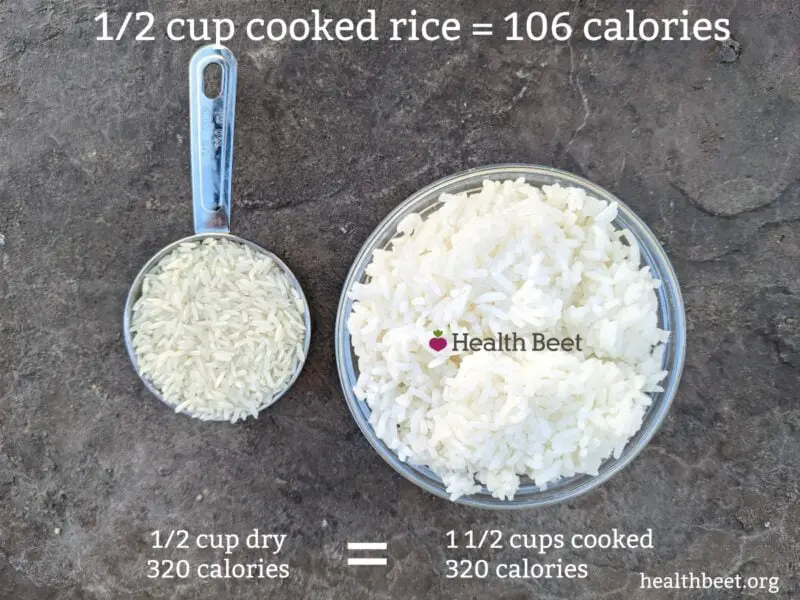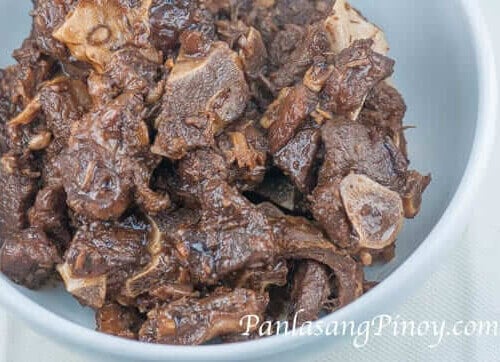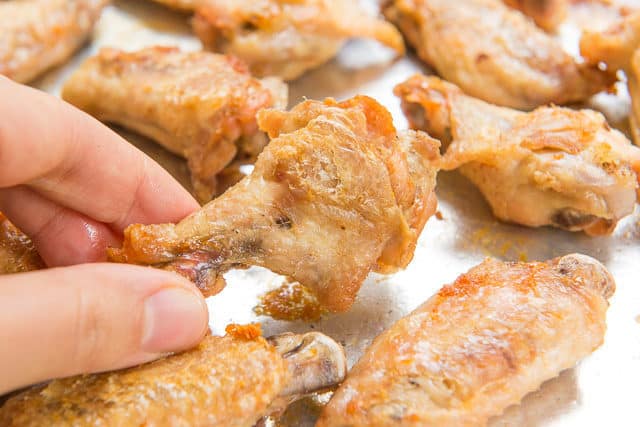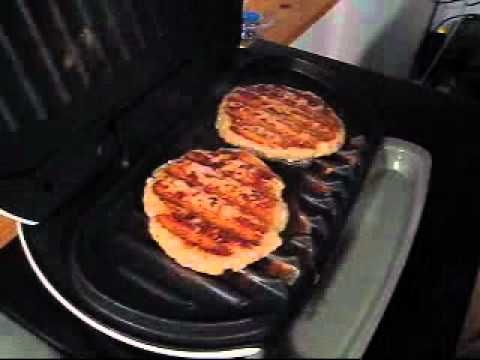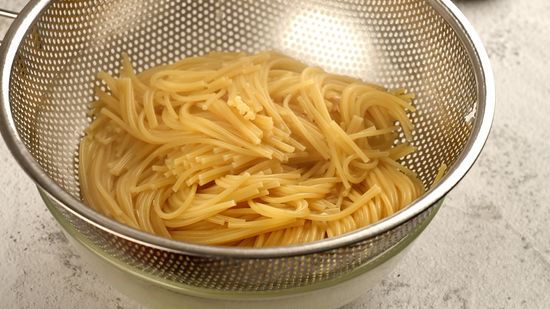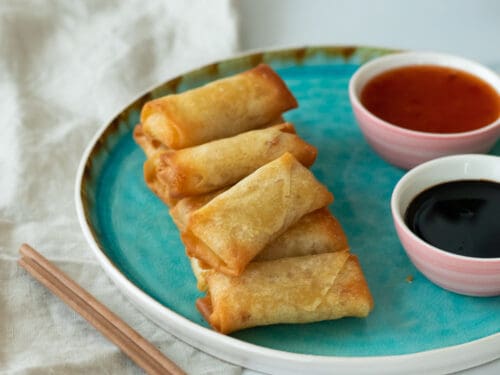As a pasta lover, few things bring such joy as the sound of boiling water and the scent of a freshly cooked dish. But what happens when we decide to switch up our routine and opt for frozen pasta instead?
It’s easy to be intimidated by the mysterious world of fresh frozen pasta, but fear not! With a bit of knowledge and some kitchen know-how, you’ll be able to whip up a delicious meal in no time.
In this article, we’ll break down how long you should cook your fresh frozen pasta for optimal results. So let’s dive in and become pros at cooking with this versatile ingredient!
1. How long should fresh frozen pasta be cooked?
Fresh frozen pasta is a great addition to any meal, but it can be tricky to cook if you’re not sure how long to leave it in the water. The good news is that cooking fresh frozen pasta is very similar to cooking regular fresh pasta – you just need to add a little extra time.
As a rule of thumb, most fresh frozen pasta will take about 2-3 minutes longer to cook than fresh unfrozen pasta. So if you’re used to cooking fresh pasta for 2-3 minutes, you’ll want to extend that time by another 2-3 minutes when working with the frozen variety.
Of course, the exact amount of time you’ll need will depend on a few different factors. Below are some tips for figuring out exactly how long your particular brand of fresh frozen pasta needs to boil:
– Check the packaging: Many brands will include instructions on their packaging for cooking times and temperature settings.
– Test frequently: Try tasting one or two of the noodles every minute or so as they cook until they reach your desired level of tenderness.
– Use a timer: If you’re worried about forgetting when your pasta went in the water or getting distracted mid-cooking, set a timer for an estimated length of time and adjust from there.
With these tips in mind, cooking fresh frozen pasta should be simple and stress-free. Remember, always follow directions carefully, but don’t be afraid to experiment a little!
2. Does the cooking time for fresh frozen pasta differ from unfrozen one?
Fresh frozen pasta is a great time-saver when you’re in a hurry to put dinner on the table. But how does it affect cooking time? The short answer is yes, fresh frozen pasta requires a longer cooking time than unfrozen pasta.
When preparing fresh frozen pasta, there are certain steps to keep in mind that will affect the cooking time. First, it’s recommended to bring the water to a boil before adding the pasta. Then, add salt and oil to prevent the pasta from sticking together. Once you’ve added the pasta, stir gently to ensure it’s not sticking to each other or at the bottom of the pot.
In terms of cooking time, fresh frozen pasta requires about 1-2 minutes more than unfrozen pasta. The best way to know if your fresh frozen pasta is cooked through is by tasting it, but as a general rule of thumb you should cook it for around 4-6 minutes depending on the type and thickness of your noodles. Remember that overcooking your pasta can make it mushy and undercooked will make it tough, so keep an eye on it while cooking.
3. What’s the ideal simmering time for fresh frozen pasta?
When it comes to cooking fresh frozen pasta, simmering time plays a crucial role in achieving the perfectly cooked dish. Unlike dried pasta, fresh frozen pasta requires shorter simmering times due to its delicate texture. So, Let’s find out!
1. Check the packaging: The best way to determine simmering time for your fresh frozen pasta is by checking its packaging. Most manufacturers include cooking instructions and recommended cooking time on the label itself.
2. Follow the rule of thumb: If you can’t find specific instructions, follow the general rule of thumb – simmer fresh frozen pasta for 2-3 minutes or until tender but still firm to bite.
3. Taste test: The ultimate guide to determining if your fresh frozen pasta is cooked just right is through taste testing. Take a small piece and give it a taste test – if it’s too hard, continue simmering for another minute until it reaches your preferred level of tenderness.
In conclusion, the ideal simmering time for fresh frozen pasta varies depending on the type and brand you’re using. Always refer to packaging instructions as much as possible and do not forget that tasting a piece before serving will help ensure that your dish is perfectly done!
4. Can you cook fresh frozen pasta right after taking it out from freezer?
Fresh frozen pasta is a great convenience food to have on hand when you’re short on time but want a home-cooked meal. The good news is, you can cook fresh frozen pasta right out of the freezer! However, there are a few things to keep in mind:
1. Don’t thaw the pasta before cooking. Thawing can cause the pasta to become mushy and lose its texture.
2. Use plenty of boiling salted water to cook your frozen pasta. You want enough water so that the pasta has room to move around freely.
3. Don’t overcrowd the pot or your frozen pasta will clump together and take longer to cook.
4. Cook for 1-2 minutes longer than the package instructions suggest.
When cooked properly, fresh frozen pasta tastes just as delicious as its freshly made counterpart. So go ahead and give it a try – you might just be surprised at how easy and tasty it is!
5. How do I determine if my fresh frozen pasta is fully cooked?
To determine if your fresh frozen pasta is fully cooked, there are a few things to keep in mind. Firstly, the size and shape of your pasta can affect cooking time, so be sure to check the package instructions or do some research beforehand. Secondly, taste testing is key – it’s the best way to know if your pasta is al dente or if it needs more time.
Here are some additional tips on how to determine if your fresh frozen pasta is fully cooked:
- Use a slotted spoon or tongs to remove a strand or piece of pasta from the boiling water and allow it to cool for a few seconds before tasting.
- Fresh pasta typically cooks faster than dried pasta, so be sure to check on it frequently while cooking.
- Look for signs of doneness such as a change in color or texture – the pasta should be firm but not mushy.
Remember that cooking times can vary based on altitude, stove type and other factors, so adjust accordingly as needed. With these tips in mind, you’ll be able to confidently determine when your fresh frozen pasta is fully cooked and ready to enjoy.
6. Is it necessary to defrost my fresh frozen pasta before cooking?
When you have fresh frozen pasta in your kitchen, you might wonder if it is necessary to defrost it before cooking. The answer is no, it’s not always necessary to defrost fresh frozen pasta before cooking.
If you’re in a rush and need to get your meal sorted quickly, you can cook the frozen pasta straightaway. In fact, cooking the pasta from a frozen state will help it hold its shape better while being cooked. Keep in mind that the time required for cooking slightly increases when you cook frozen fresh pasta.
However, if you have time on your hands or prefer a softer texture, then defrosting fresh frozen pasta in the refrigerator beforehand may be more appropriate. Nonetheless, freezing affects the texture and quality of the product over time so It’s advisable to consume within six months of stocking up your freezer to get optimal results of taste and flavour.
7. Do different types of fresh frozen pasta require various cooking times?
There are many different types of fresh frozen pasta available, from fettuccine to ravioli. However, the cooking times do vary depending on the type of pasta that you are using. Here are a few general guidelines to follow when cooking different types of fresh frozen pasta:
– For thinner pasta such as spaghetti or linguine, you only need to cook it for 2-3 minutes in boiling water before it is ready.
– Thicker pasta like fettuccine or tagliatelle require about 4-5 minutes of cooking time in order to reach the ideal texture.
– Stuffed pasta like ravioli or tortellini will take a little longer and generally require around 6-7 minutes.
It’s always a good idea to check the package instructions for any specific cooking times recommended by the manufacturer. Additionally, be sure to taste your pasta as you cook it so that you can ensure that it has reached your desired level of doneness.
Summary
When it comes to cooking fresh frozen pasta, the question is always how long it takes to achieve the perfect al dente texture. While every type of fresh frozen pasta requires a unique approach, there are some general guidelines that can help you get started.
First, bear in mind that fresh frozen pasta cooks faster than dry pasta. So, if you’re used to waiting ten minutes for a pot of spaghetti to cook, you’ll need to adjust your expectations accordingly.
Here’s what you need to know about cooking various types of fresh frozen pasta:
– Fettuccine: Fresh frozen fettuccine usually cooks in 3-4 minutes.
– Linguine: Cook for around 5 minutes.
– Ravioli or tortellini: These filled pastas take a little longer and usually require 6-7 minutes in boiling water.
– Lasagne sheets: Fresh lasagne sheets will be cooked once they become tender and pliable, which typically takes around 8-10 minutes.
As you can see, different types of fresh frozen pasta have different cooking times. To ensure your pasta is cooked correctly, bring a large pot of salted water to a rolling boil before adding the pasta. Stir occasionally during the cooking process and taste frequently after the first few minutes until it reaches your desired consistency.
Ultimately, no matter what kind of fresh frozen pasta you choose to cook with – be it penne or angel hair – follow these guidelines for perfectly cooked results every time!

